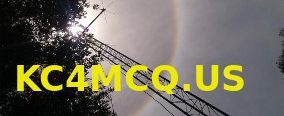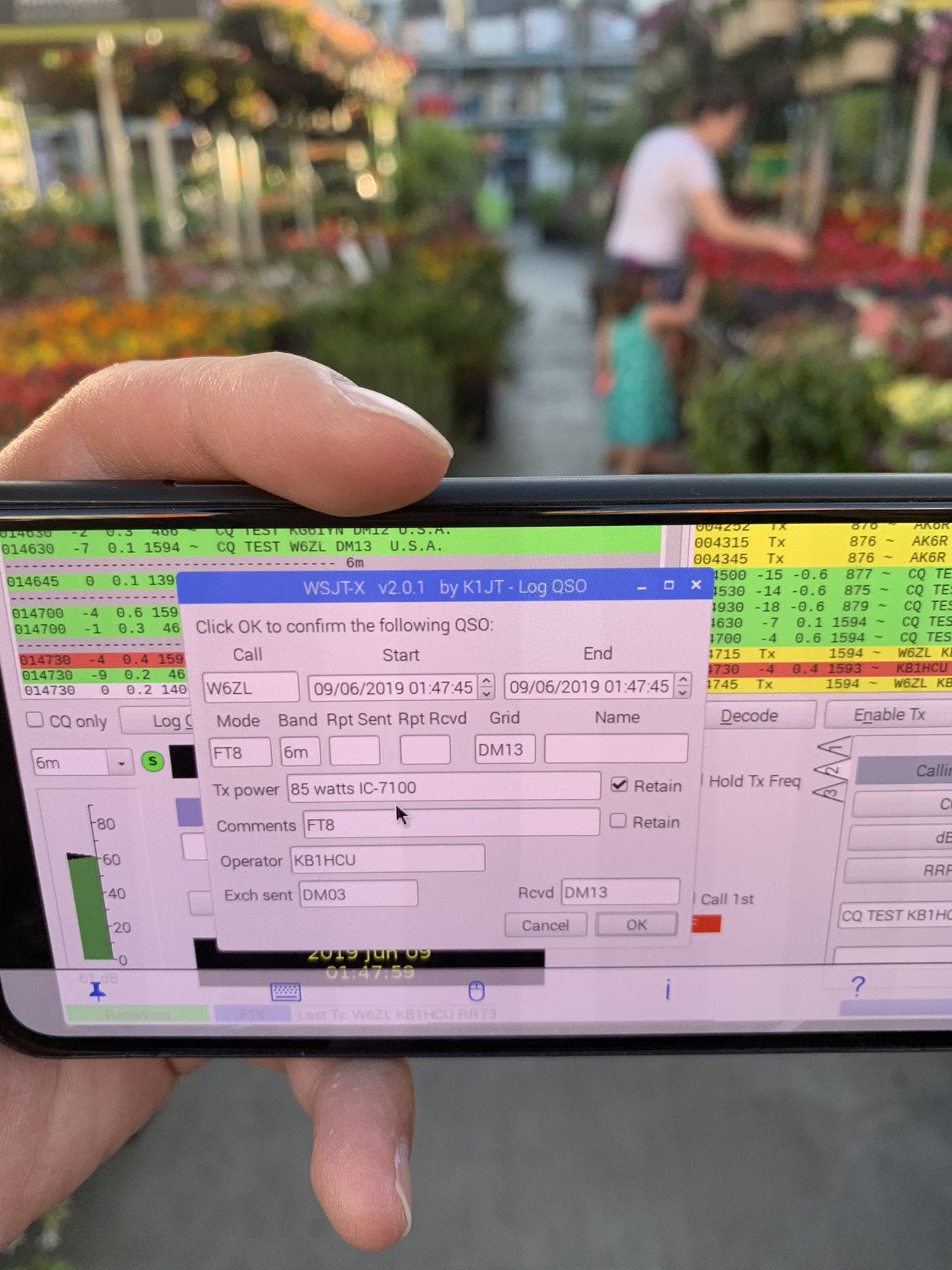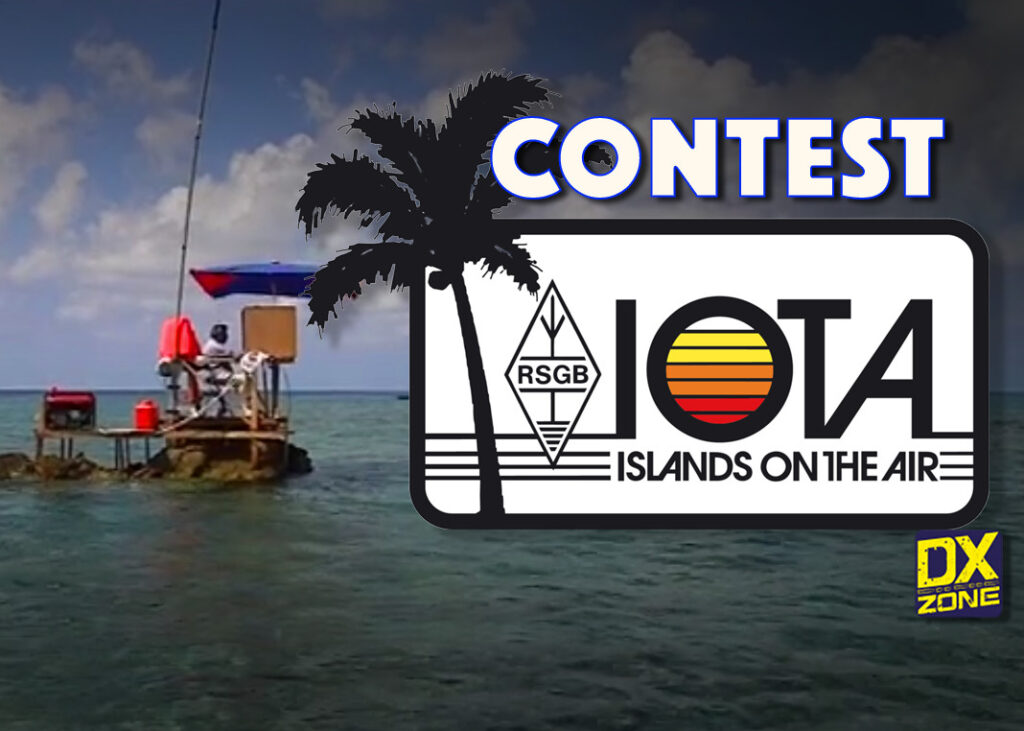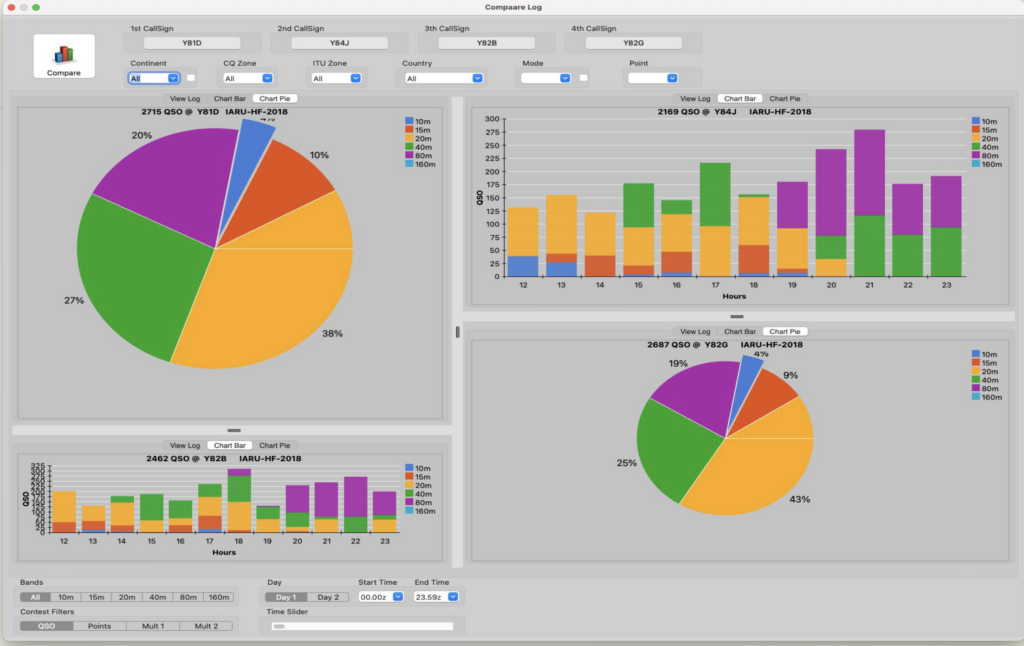
| A series of nine short duration events on 80m, 40m and 20m to allow entrants to experience FT4 in a competitive context. A collection of FT4 tips and hints is available here Rule changes for 2022: 1. Separate sections for single and two radios and/or any form of automation have been added | |
| 1. Objective | To score as many points as possible in this locator based multiplier contest |
| 2. Date & Time | (1) Monday 28th February 2022: 2000 – 2130 UTC (2) Monday 28th March 2022: 1900 – 2030 UTC (3) Monday 11th April 2022: 1900 – 2030 UTC (4) Monday 30th May 2022: 1900 – 2030 UTC (5) Monday 27th June 2022: 1900 – 2030 UTC (6) Monday 18th July 2022: 1900 – 2030 UTC (7) Monday 26th September 2022: 1900 – 2030 UTC (8) Monday 17th October 2022: 1900 – 2030 UTC (9) Monday 28th November 2022: 2000 – 2130 UTC QSOs will not be accepted at or past the end time All contests in this series will have a ‘Le Mans’ start. This means that entrants must not transmit during the two minutes immediately before the contest start time or use any other method to reserve a frequency. Stations that transmit during this two minute period will have 5 points deducted from their score |
| 3. Mode & Frequency | (a) Mode: Standard FT4 format will be used as implemented in WSJT-X V2.5.2 or later or the equivalent in JTDX, MSHV etc. The installation packages for the WSJT-X software are available here. DO NOT USE the dedicated Contest formats. (b) Frequency:(i) The recommended dial frequencies will be 3576, 3579 and 3582 kHz (USB) on 80m, 7047.5 kHz (USB) on 40m and 14080 kHz (USB) on 20m(ii) Entrants are not permitted to operate as a FOX in FOX & HOUND mode |
| 4. Entrants and Sections | Sections: 1. UK 100W OPEN: 100W output power, Two Radios and/or any form of automation, UK&CD only 2. UK 100W RESTRICTED: 100W output power, Single Radio, UK&CD only 3. UK 10W RESTRICTED: 10W output power, Single Radio, UK&CD only 4. Non-UK 100W OPEN: 100W output power, Two Radios and/or any form of automation, Non-UK&CD only 5. Non-UK 100W RESTRICTED: 100W output power, Single Radio, Non-UK&CD only 6. Non-UK 10W RESTRICTED: 10W output power, Single Radio, Non-UK&CD only (a) Entrants may be Single or Multi-operator (b) UK&CD entrants must be RSGB members (c) Multi-Operator entries by RSGB members may include non-member operators whose highest class of licence is Foundation or Intermediate (d) Special Contest Callsigns or Club Callsigns may be used (e) All entries are classified as Assisted (f) Operation must be from a single Station location where all transmitters, receivers and antennas are located within a circle of a radius of no greater than 500m (g) Remote receivers outside of the Station location are not permitted (h) Remote operation of a station is allowed where the operator is situated within the same country on the DXCC list. Additionally, an operator’s home station, as shown in the licensee’s licence documents, may be remotely operated from a location in another country. A remotely operated station must obey all station licence, operator licence and category conditions. The callsign used must be one issued or permitted by the Regulatory Authority of the remote station location. The location of the Station must also comply with the requirements above. (i) The address of the operator must be included in the ‘Address of Operator when operating Remote from Station Address’ box on the Station Information Page and the address of the remote station must be included in the Cabrillo header ‘ADDRESS:’ box (j)The RSGB HF Contest Committee may place remotely operated stations in a separate results table |
| 5. Exchange | (a) 4-character Locator (b) Signal report is required (c) Serial number is NOT required (d) We suggest that you amend your TX6 message to start CQ TEST or CQ RSGB |
| 6. Scoring | (a) One point per QSO. Final score is the total number of QSOs made multiplied by the total number of large locator squares (e.g. IO91) worked. (b) A QSO with a station that is logged without a received four-character locator will only score QSO points with no multiplier credit for either the receiving or sending station. (c) QSOs with HQ stations G#6XX will count for 5 points and 1 locator multiplier on each band (d) Non-UK&CD stations may work other non-UK&CD stations and will score the same points/multipliers as UK&CD stations (e) Each station may work each other station once on each band for points. Working the same large locator square on each band counts towards your total of large squares. (f) Stations operating outside the UK&CD are welcome to participate, and their scores will be listed in separate tables (g) Scores will be normalised in each section for each contest so that the scores can be added to give a total score for the series per section |
| 7. Log Submission and Adjudication | (a) Submit your logfile in ADIF format as produced by WSJT-X or in Cabrillo format. Please submit your log here within 24 hours of the end of each event. Click on this link to view an example of the correct Cabrillo format for your logfile. (b) If the log submission robot finds format errors, it will reject the log and ask for resubmission of a corrected logfile. (You can correct Cabrillo format errors using any text editor e.g. Notepad)(c) If you have difficulties preparing or uploading your ADIF or Cabrillo logfile, please contact the contest adjudicator to ask for assistance before the submission deadline(d) Errors will incur penalties as outlined in the RSGB HF Adjudication Principles. This penalty will be the loss of an additional 1 QSO point.(e) Adjudicated results will be online and will include online logfiles for all entrants(f) The use of CAT control to log the correct frequency and mode is recommended |
| 8. Results and Awards | (a) There will be separate tables of Results for each of the six sections(b) A certificate may also be downloaded by all entrants showing their individual position |
| 9. Supplementary Rules | (a) Any infringement considered to be outside the spirit of the contest may result in an entry being reclassified as a Checklog or disqualified(b) Self-spotting or asking to be spotted is not permitted(c) Call signs and locators logged must be the same as those exchanged over the air by the entrants during the contest period. (d) All requests for contacts, responses to calls, and copying of call signs and contest exchanges must be accomplished during the contest period using the mode and frequencies of the contest |
| 10. Declaration | By entering any RSGB HF Contest you declare that:(a) Your station was operated strictly in accordance with the rules and spirit of the contest, within the conditions of your licence, and that the power output from your transmitter was no greater than that permitted in the section of the contest that you are entering(b) You agree that decisions of the RSGB HF Contest Committee will be final in cases of dispute(c) By submitting a log entry, entrants give the RSGB permission to score, amend, publish, republish, print, and otherwise distribute that entry by any means |
| 11. Adjudicator | Graham G0NBI |
Antenna
Visits Chameleon Antennas Factory
I recently visited the Chameleon Factory in California. I took many photos and will show them in this video to share the experience. Read more
Portable 2 element 6m beam
Over the years we have been asked numerous times for a really lightweight portable 6m beam. Building on over a decade of experience making and marketi... Read more
Amateur Radio Tower Stand – KG0ZZ’s
A close up view of my ham radio tower and tower stand. The tower is five sections of Rohn 25-G tower. The top section is 8 feet long making the... Read more
InnovAntennas announce DX Engineering
InnovAntennas announce DX Engineering to be the exclusive North American reseller. Not long now and you will be able to buy our LFA-Qs direct! Read more
TRI-BAND MOBILE ANTENNAS – NGC – Comet Antennas
MOBILE ANTENNAS Fold-Over Hinge Most Comet mobile antennas over 29″ length have a fold-over hinge built into the base section of the antenna. It is NO... Read more
Coil-loaded 40/80 Meter Inverted V Dipole Antenna by KG0ZZ
This 40 and 80 meter inverted V antenna is made with loading coils. It is a full size antenna on 40 meters and a shortened 80 meter antenna. The anten... Read more
80M EH Antenna by WB5CXC
EH Antenna “This is a picture of my EH ‘STAR’ antenna for 80 meters. It has two cylinders made from aluminum flashing 30 1/2” long, wrapped ar... Read more
A gigantic tribander! Three big full-size yagis on one boom (15.1 m)
Phenomenal characteristics! Big gain, perfect F/B and F/S ratios. 4 elements for 20 m, 6 elements for 15 m and 14 elements for 10 m! Antenna is fed by... Read more
Review
Introduction to the IC-7610 SDR HF Transceiver [ Video ]
Icom Co., Ltd. (Headquarters: Osaka-shi Hirano Ward, President: Tsutomu Fukui) will release the HF + 50 MHz fixed amateur radio transceiver IC-7610 fr... Read more
ELAD FDM-DUO SDR QRP Quick Tour and Review
FDM-DUO is a SDR tranceiver that offers the possibility to operate STand-alone like traditional radio or attached to a Personal Computer discovering t... Read more
“This week I’m reviewing the Openspot by Shark RF. No images to hunt down, It runs D-Star, DMR & Fusion all in one box. Don’t fo... Read more
Ham Radio vs CB
Ham Radio vs CB, Citizen’s Band Radio – Ham Radio compared to CB frequencies and modes – which ones is better? Today let’s tal... Read more
RFinder B1 Android DMR Radio Unboxing and Initial Setup – RFinder Repeater Directory
RFinder B1 HT Radio, Android DMR and FM This is the device that you have been waiting for! The RFinder B1 is now available for pre-order. Imagine a d... Read more
FTdx10 & FT-991A SSB Receiver Comparison
“My good friend Joel, KC4WZB, loaned me his brand new Yaesu FTdx10. When I say loaned, I mean he picked it up at Ham Radio Outlet and brought it... Read more
Equipment
Weird Ham Radios: Manpack Backpack HYS TG-G25W
SPECIFICATION:Built-in 6A Li-ion battery for 10W radio12A Li-ion battery for 25W radioRadioator FanMini size:210*152*44mmFrequency Range: 136-174/400-... Read more
Anan-100BE SDR multi-mode transceiver
The Apache Labs ANAN-100BE is an entry level, High Performance 100 watt HF + 6M Software Defined Radio multi-mode transceiver. The receiver is... Read more
DX-Patrol SDR ( Software Defined Radio ) Receiver with wide receiving range
The DX-Patrol is a Software Defined Radio (SDR) receiver with a very wide receiving frequency range. In contrast to the usual cheap USB DVB-T sticks t... Read more
EMTRON DX-1SP -1200 Watts CW output- FCC approved!
EMTRON DX-1SP General Description The NEW DX-1SP with 1200 Watts CW, 1500 Watts PEP of clean signal output is Emtron’s latest and smalles... Read more
160-6 Meter Solid State Linear Amplifier [ TEN-TEC ]
Generating 100 Watts of output from as little as 5 Watts of input, the Model 418 Amplifier raises the bar for reliable and effici... Read more
OM4000 HF POWER AMPLIFIER – 4KW
GENERAL DESCRIPTION OF THE OM4000 HF POWER AMPLIFIER The linear amplifier OM4000 HF is designed for all short wave amateur bands from 1.8 till... Read more
WiMo QRM Eliminator
QRM Eliminator, Two Antenna Signal Phasing Unit, with T/R Relay PTT control, Metal Enclosure, Status LED, 12V, 150 mA, Each The WiMo QRM Eliminator is... Read more
The post RSGB FT4 Contest Series appeared first on QRZ NOW - Ham Radio News.










![Introduction to the IC-7610 SDR HF Transceiver [ Video ]](https://qrznow.com/wp-content/uploads/2017/09/22104387_1143766065754991_9025087487654407329_o-265x168.jpg)











![160-6 Meter Solid State Linear Amplifier [ TEN-TEC ]](https://qrznow.com/wp-content/uploads/2015/01/JW_004_134_12418frontgreensmall__99762.1405450156.1280.1280-265x168.jpg)





